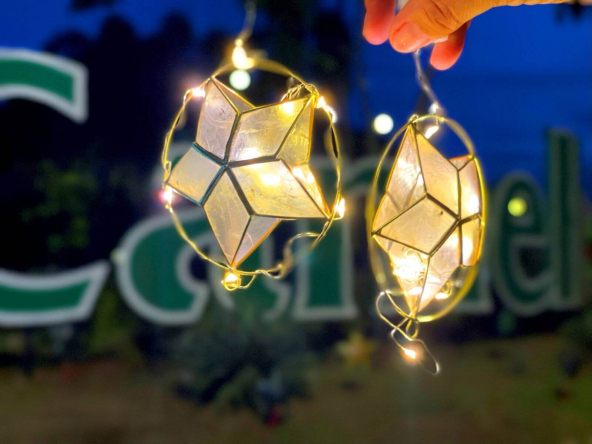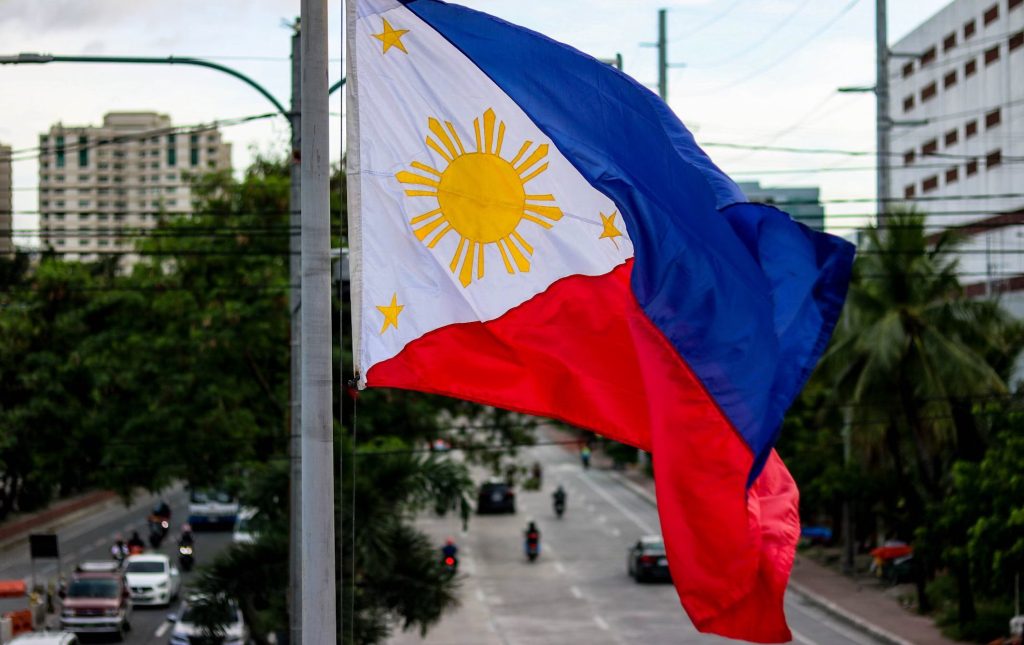
The Philippines boasts a rich history filled with stories of resilience and the fight for freedom. Filipino national heroes played a pivotal role in achieving Philippine independence from centuries of Spanish rule. Their courage and unwavering determination in the face of oppression continue to inspire generations.
Every year, the Philippines celebrates National Heroes Day (Araw ng mga Bayani) on the last Sunday of August, a day dedicated to honoring these remarkable figures who sacrificed for the nation’s freedom. This day serves as a powerful reminder of their legacy and the enduring values they represent.
Philippine Revolution: A Long Road to Freedom
The Philippine Revolution erupted in 1896, culminating centuries of simmering discontent. Spanish rule, established in the 16th century, brought heavy taxes, forced labor, and a stifling of Filipino culture. The yearning for independence simmered beneath the surface, erupting in numerous uprisings throughout the centuries. This long history of resistance is a testament to the unwavering spirit of the Filipino people.
Finally, in 1896, the simmering pot boiled over. The Katipunan, a revolutionary society founded by Andres Bonifacio, ignited the flames of rebellion. Unlike José Rizal, the National Hero who advocated for peaceful reforms through his writings, Bonifacio believed armed revolution was the only path to freedom.
The Katipunan spread rapidly, fueled by a fervent desire for Filipino independence. Spanish authorities, alarmed by the growing movement, arrested and executed Bonifacio. However, his legacy and the Katipunan’s groundwork had set the stage for the revolution’s continuation.
The Philippine Revolution, though initially a struggle against Spanish rule, ultimately became a fight for true Filipino independence. The heroes of this revolution, from Bonifacio’s fiery leadership to Aguinaldo’s strategic maneuvering, all played crucial roles in shaping the Philippines’ destiny.
Their sacrifices paved the way for the nation we know today, a sovereign state where the Filipino spirit of resilience thrives.
Heroes who fought for Philippine independence
The fight for independence was spearheaded by many courageous individuals who left an indelible mark on the nation’s narrative. Here are some of the most prominent figures and their contributions:
National Hero: Jose Rizal
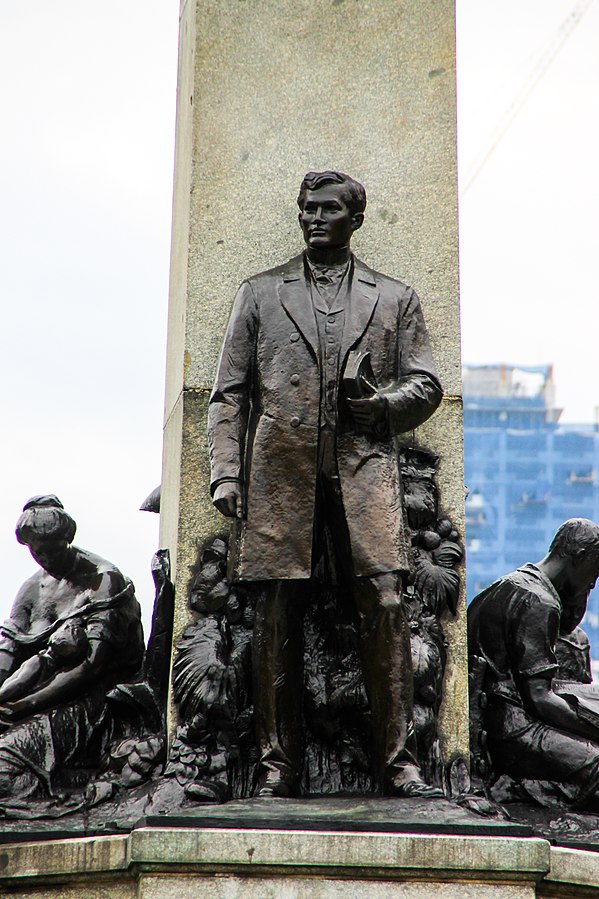
Widely considered the National Hero of the Philippines, José Protasio Rizal Mercado, known to many as Jose Rizal or Pepe Rizal, was a multifaceted intellectual and reformist who became the inspiration of the Philippine reform movement. He was a Filipino physician known to many parts of the world. Unlike other heroes who led armed revolutions, Rizal’s fight was through the power of words. His novels, “Noli Me Tangere” and “El Filibusterismo,” exposed the injustices of Spanish rule.
These works, written in Spanish, resonated deeply with Filipinos, sparking a fervent national consciousness that would eventually fuel the Philippine Revolution.
However, Rizal’s advocacy for peaceful reforms placed him at odds with revolutionaries. Tragically, his opposition to violent methods was misinterpreted. The Spanish government arrested and executed him in 1896. Rizal’s martyrdom became a potent symbol of the Filipino struggle for independence, solidifying his place as a national hero.
Andres Bonifacio: The Father of the Philippine Revolution
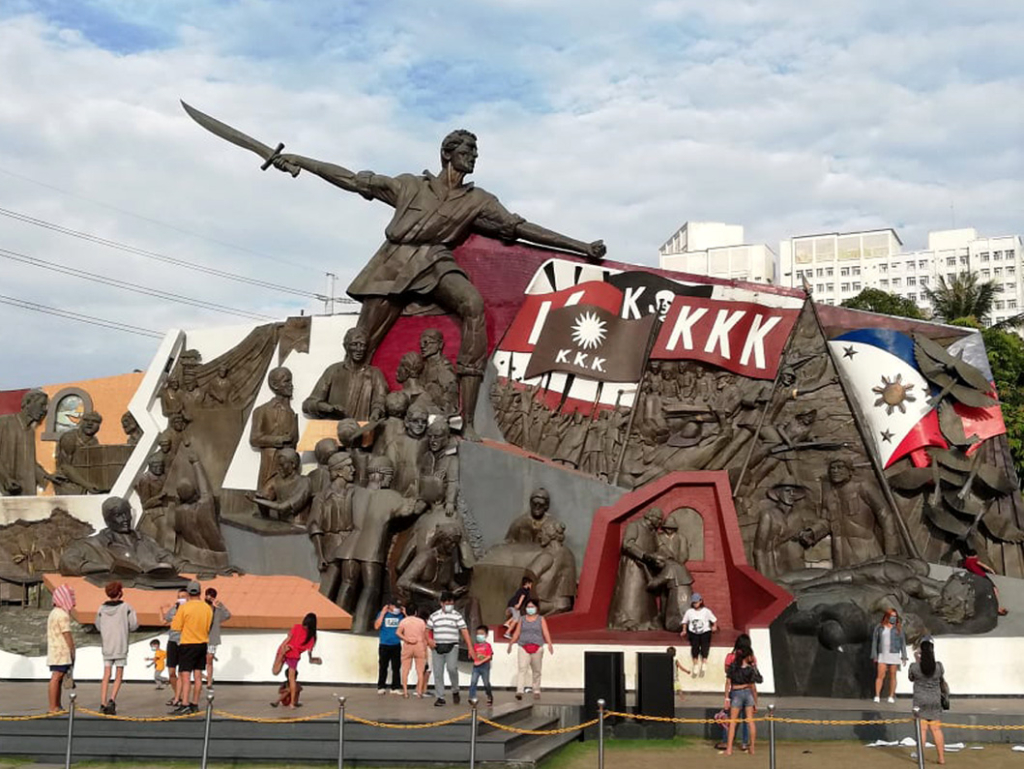
Andres Bonifacio, another iconic figure in the fight for independence, starkly contrasts Jose Rizal. While Rizal advocated for peaceful reform, Bonifacio believed armed revolution was the only path to Philippine independence.
He founded the Katipunan, a secret society that spread rapidly among Filipinos yearning for self-determination. Bonifacio’s leadership and unwavering commitment fueled the flames of rebellion, ultimately igniting the Philippine Revolution.
His legacy as the “Father of the Philippine Revolution” is a testament to the power of collective action in the face of oppression.
Emilio Aguinaldo: The First President of the Philippines
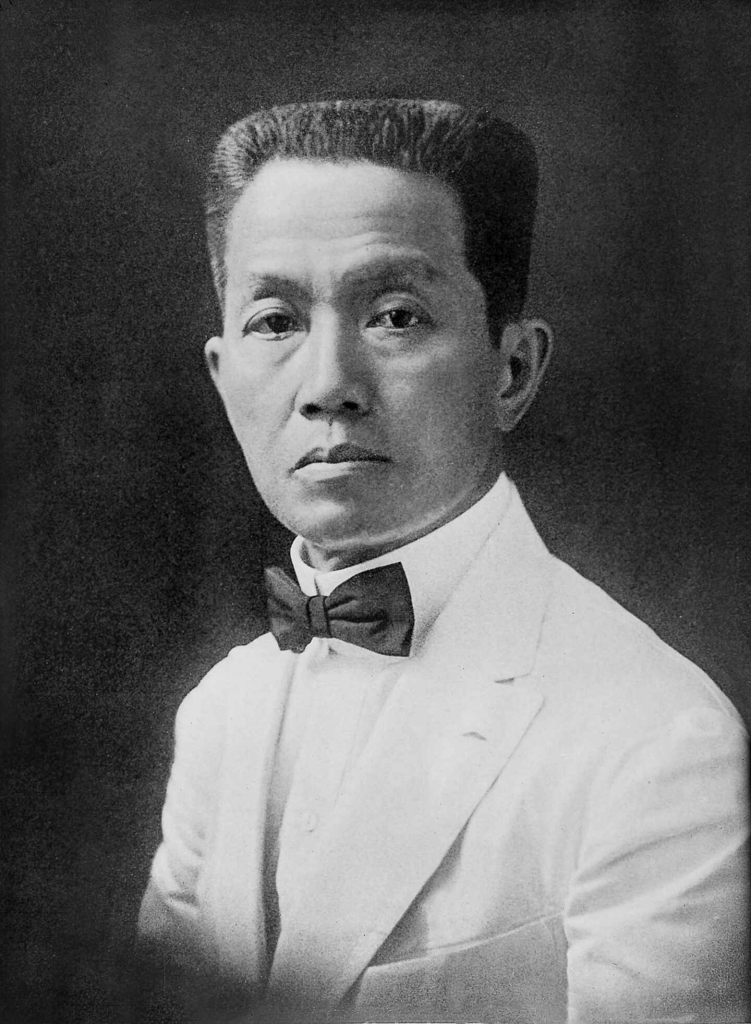
Emilio Aguinaldo’s rise to prominence during the Philippine Revolution was a testament to both his military prowess and political savvy. He led Filipino forces to impressive victories against the Spanish parliament, showcasing his tactical skills and uniting Filipinos under a banner of hope.
Capitalizing on this momentum, Aguinaldo declared Philippine independence in 1898, a momentous occasion that solidified his place as a revolutionary hero. However, it’s important to note that the Spanish officials didn’t immediately recognize independence.
A Spanish governor-general signed the Pact of Biak-na-Bató in 1897, temporarily ending hostilities and exiling Aguinaldo and other revolutionaries in exchange for a hefty sum of money from Spain. Though controversial, this agreement allowed Aguinaldo to strategically use his exile to gain international support for the cause of Philippine independence.
He eventually returned to lead the Philippine forces to victory against the Spanish.
Melchora Aquino (Tandang Sora): The “Mother of the Katipunan”
Unlike the battlefield heroes, Melchora Aquino, also known as Tandang Sora, played a crucial role behind the scenes. This remarkable woman, already in her late 60s during the revolution, provided her home as a refuge and meeting place for Katipuneros or our own Filipino warriors.
She housed revolutionaries, nursed the wounded, and supplied food and weapons. Tandang Sora’s courage and unwavering support for the cause earned her the moniker “Mother of the Katipunan.” Her story highlights the vital contributions of ordinary Filipinos, particularly women, who played a critical role in the revolution’s success.
Filipinos learned from Tandang Sora the importance of unity and selflessness in the face of adversity.
Juan Luna: The Voice of Protest Through Art
Unlike those who fought with weapons, Juan Luna used his artistic talents to depict the struggles of Filipinos under Spanish rule. His masterpiece, “The Spolarium,” showcased the brutality of Spanish colonialism and the dignity of the oppressed.
Luna’s works served as a powerful tool for raising awareness and igniting a sense of nationalism among Filipinos. He showed them the importance of using their unique voices to fight for Philippine independence.
Other Notable Heroes
The Philippine Revolution was not a one-man show. Many other heroes, including Juan Luna, who used his art to depict the struggles of Filipinos, Filipino priests who advocated for reform from within the Catholic Church, and Filipino Muslims who fought for their independence from Spanish rule, all played significant roles in the fight for freedom.
National Heroes and Their Legacy
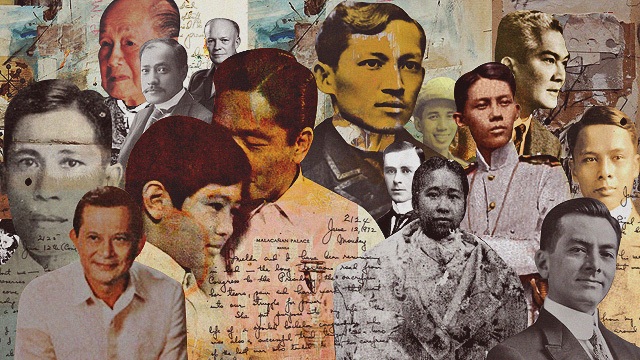
The designation of official national heroes in the Philippines is a meticulous process. Heroes are recognized for their exceptional courage, selflessness, and contributions to the nation’s fight for independence and establishing a sovereign Filipino identity.
National Heroes Day, or Araw ng mga Bayani, is a crucial reminder of these heroes’ sacrifices. It’s a day to celebrate their bravery and acknowledge their profound impact on shaping modern Filipino identity and culture.
Heroes of Today
The designation of official national heroes in the Philippines is a meticulous process. Heroes are recognized for their exceptional courage, selflessness, and contributions to the nation’s fight for independence and establishing a sovereign Filipino identity.
National Heroes Day, or Araw ng mga Bayani, is a crucial reminder of these heroes’ sacrifices. It’s a day to celebrate their bravery and acknowledge their profound impact on shaping modern Filipino identity and culture.
Their stories are a constant reminder of the importance of freedom, the power of collective action, and the unwavering Filipino spirit. As we celebrate National Heroes Day, honor their sacrifices and continue learning from their examples.
Let us encourage future generations to delve deeper into the nation’s history and appreciate the heroes who paved the way for the Philippines we know today. Through their diverse contributions, these heroes continue to inspire Filipinos to fight for justice, equality, and a brighter future for their nation.

Celebrate Life’s Milestones in Camella!
Make unforgettable memories in a Camella home.
Our communities are designed to elevate your living experience.
